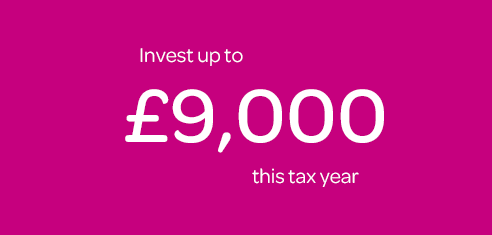Although Chancellor Rishi Sunak’s first Budget has understandably been overshadowed by recent events, one of the noticeable changes he did make was to increase the annual investment limit on a Junior ISA from £4,368 to £9,000.
Junior ISAs can only be set up by a parent or guardian but anyone can contribute to them. All the funds within a Junior ISA belong to the child and are locked away until the child is 18.
The need has never been greater
Our children are facing a perfect storm of financial adversity:
High cost of financial education: following the rise in university tuition fees, UK students now graduate with the highest levels of debt in the English-speaking world. Students in England currently pay up to £9,250-a-year in tuition fees and average students’ costs are a further £800 a month.
Property prices have never been so out of reach: the average house price for a first-time buyer in the UK is £210,000. Were it a corporation, the ‘Bank of Mum and Dad’ would now be a UK top 10 mortgage lender.
And that’s before we consider the financial fallout from the coronavirus pandemic.
Long-term opportunity
Just like adult ISAs, you can save into either a cash Junior ISA or an investment one. Making an early start means that a Junior ISA could run for up to 18 years, making it a real long-term opportunity to accumulate tax-efficient capital and a significant financial asset.
Although stocks and shares can go down in value, as we’ve seen in recent weeks, over the long-term returns have the potential to be higher than those from cash. With interest rates at historical lows, returns from cash may even be negative once inflation is considered. Furthermore, the potentially long lifetime of a Junior ISA creates a real opportunity for compound growth, as investment returns themselves generate further gain.
The benefits of making regular investments 
Investing a sum of money on a regular basis, rather than all at once, is known as pound-cost averaging. For example, rather than paying £9,000 into a Junior ISA in one go, you invest £750 a month over 12 months.
The idea behind pound-cost averaging is to provide some protection in case the market drops shortly after the money is invested. Instead of the entire investment suffering the loss, only the invested portion does, and the benefit is that the remainder is then invested at lower prices.
If you invested £9,000 today and next month the markets dropped by 10%, you would have £8,100 in the JISA. You then need to grow by over 11% to recover your initial investment.
In comparison, if you invested on a monthly basis, you would invest £750 today and the markets would drop by 10% giving you a current value of £675. The next month, you are buying in at this lower rate giving you 10% more units than you bought the previous month.
Over the course of a year, the purchase costs average out (as the name suggests).
Tax planning
For grandparents (or family friends) who would like to pass money to the grandchildren, using lifetime gifting exemptions to contribute to a Junior ISA is a great way of passing wealth on to younger generations.
We all know that pensions were designed for retirement. However, an increasing number of people use their pensions to help their children or grandchildren with big financial milestones such as a wedding, university costs or a house purchase.
If you’re disadvantaged by the new £4,000 tapered annual allowance, you might want to consider investing into a Junior ISA on behalf of your offspring. The money can be accessed tax free (so doesn’t affect the parent’s or grandparent’s tax status) and therefore won’t speed up the erosion of your own retirement savings when you need them most.
Contact EQ
To find out more about we can help you with Junior ISAs, please email us at enquiries@eqinvestors.co.uk, alternatively, you can book a telephone or video appointment here.